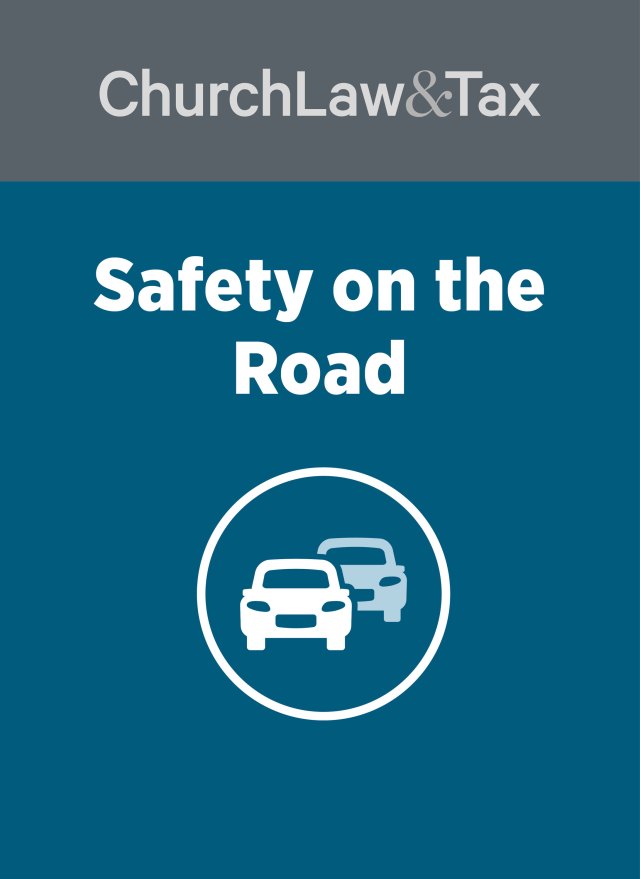Key point 10-11. A church may be legally responsible on the basis of negligent supervision for injuries resulting from a failure to exercise adequate supervision of its programs and activities.
Negligence as a Basis for Liability
* The Kansas Supreme Court ruled that a school was not legally responsible for injuries suffered by a child who was struck by a car when he ran off of school property onto a street. While this case involved a public school student, the court’s decision is directly relevant to churches. A 12-year-old boy (Todd) walked to school each day and one morning arrived 30 minutes before the start of the school day. The school building was open and accessible prior to the start of the school day, and children who entered the building were supervised. But no supervision was provided for the school grounds until school started. Like most students who arrived early, Todd chose to remain outside. While waiting, Todd was chased by another boy out onto a street, and he was struck by a car. His parents sued the school, claiming that Todd’s injuries were caused by the school’s negligence. A school policy specified: "Teachers who observe students in a potentially dangerous situation should attempt, as they are reasonably able, either to halt or prevent injury to students or property." However, the school insisted that it did not exercise supervision before school "until a student is in the building."
Todd’s parents insisted that the school’s duty to prevent injuries was not limited to the interior of the building or the time when classes are in session. Rather, the school district assumed a duty to protect students in any potentially dangerous situation. The state supreme court disagreed.
It noted that "a duty is owed to third persons by one who undertakes, by an affirmative act, to render aid or services to another and then is negligent in the performance of that undertaking." On the other hand, "one who does not assume an obligation to render services does not owe a duty to third persons." The court concluded, "Here … the injury occurred off school premises and at a time when the student was not on school property or in school custody. Todd was injured after he ran off the school grounds, across a parking area and into a city street. The school never undertook to render services calculated to protect or supervise Todd, either by affirmative acts or promise to act, nor was Todd under the control or in the custody of the school."
Application. The relevance of this case to church leaders is clear. It is common for there to be unsupervised children on church property. Some may have walked to church, but others have been released by a children’s ministry and are allowed to roam the church building and grounds unsupervised until their parents find them. This case illustrates a couple of important points. First, according to this court a church would have no liability for injuries to children unless it has undertaken by some affirmative act to render supervisory or protective services to children and then violates this duty. Second, a duty of supervision arises when custody of a child is transferred to or assumed by a church. If a child is released early by a teacher or youth leader, and is injured in the church or on church grounds because of a lack of supervision, then the church may be liable. Churches can reduce this risk by requiring the custody of younger children to be retained by their teacher or youth leader until they are picked up by a parent or a person authorized by the parent (in writing). Further, churches should periodically inform parents that they do not supervise children who are on church grounds until custody has been assumed by the church (for example, by a child entering a Sunday School class or other scheduled youth activity). Glaser v. Emporia Unified School District, 21 P.3d 573 (Kan. 2001).
© Copyright 2002 by Church Law & Tax Report. All rights reserved. This publication is designed to provide accurate and authoritative information in regard to the subject matter covered. It is provided with the understanding that the publisher is not engaged in rendering legal, accounting, or other professional service. If legal advice or other expert assistance is required, the services of a competent professional person should be sought. Church Law & Tax Report, PO Box 1098, Matthews, NC 28106. Reference Code: m58 m112 c0402




